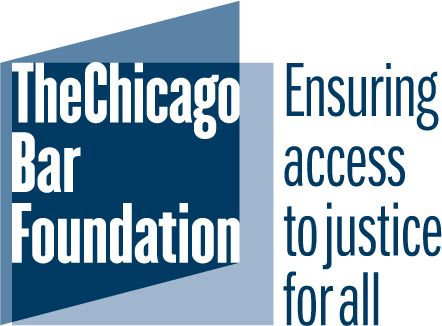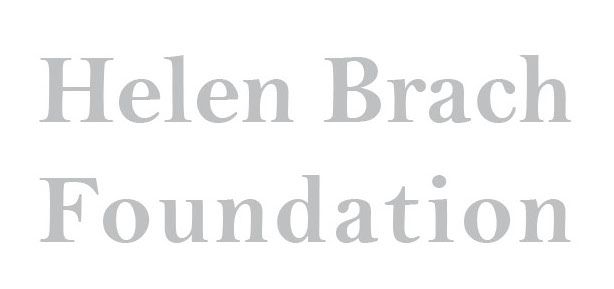Recently, Illinois Department of Corrections’ Director Rob Jeffreys resigned from his position. In a press release, Governor Pritzker praised Director Jeffreys, touting his work “reforming and redesigning the prison system,” which the governor asserted had given people in prison “opportunities for advancement and improvement.” Governor Pritzker is entitled to his opinion, but I disagree.
Governor Pritzker appointed Director Jeffreys because of his commitment to reform. During his very first week, Director Jeffreys was faced with defending the massive censorship of hundreds of books donated to the Danville Correctional Center library by the University of Illinois. Rather than defend IDOC’s heavy-handed censorship, Director Jeffreys admitted the mistake, reversed the censorship decision, and all books were quickly returned to the library shelves. It felt like we finally had a director committed to reforming Illinois’ antiquated prison system.
Over the course of his term, Jeffreys did overhaul of several out-of-date policies, including policies relating to the delivery of mental health care and Illinois’ excessive use of solitary. However, these efforts at reform never improved the day-to-day lives of the people inside Illinois prisons. Entrenched bureaucracies that resisted all efforts at reform doomed most of Director Jeffreys’ efforts.
For example, while Director Jeffreys committed to reforming the way medical care is delivered to Illinois’ aging prison population, IDOC was in fact held in contempt of court by the federal judge overseeing those reform efforts, because, over four years, IDOC failed to produce a plan to actually implement the required changes. As a result of IDOC’s failure, the federal court monitor found people who were severely malnourished, and elderly people left sitting in wheelchairs in their own waste. Medical personnel were not available to assist them, and there was not even an approved medical plan to care for these elderly, disabled, and terminally ill people.
Imprisoned people with mental illnesses fared no better. While the overall prison population dropped from a high of 49,500 under Jeffreys’ predecessor to less than 30,000, the number of people there with a diagnosed mental illness actually increased. Jeffreys rolled out shiny new directives and procedure manuals, requiring that mentally ill people be treated with evidence-based group therapy protocols and guaranteed 20 hours a week out of their cells. He also called for constant evaluation to determine if treatments were working. Despite these policies, prisoners sent to the Residential Treatment Units at Pontiac and Dixon went months without any time out of their cells, save for showers, and their “treatment” consisted of a psychiatrist yelling through a solid steel door once a month!
Similarly, Director Jeffreys promulgated a new policy requiring that everyone in solitary confinement be provided with a specific plan which, if followed, would end with their release back to general population. However, a year later virtually no one had a meaningful plan. Instead, most were simply told not to break any rules. For a person suffering with an untreated severe mental illness, requiring adherence to rules without providing needed treatment and support is no more than a cruel joke. Instead of a path to release, prisoners in solitary deteriorate mentally, until they are so badly off that they are moved to a “crisis cell,” where they are stripped of all clothing and personnel possessions, rather than given any meaningful treatment. They are then released back to solitary, where the cycle repeats.
Reforming a giant bureaucracy under the best of circumstances in hard. It is particularly hard when that bureaucracy has weaponized incompetence. Over and over, IDOC’s knee-jerk response to any change is “we can’t do that.” In the end, the Illinois Department of Corrections hidebound bureaucracy’s resistance to change defeated the director’s reform efforts. I hope that the next director appointed by Governor Pritzker has both the desire to alleviate the unconstitutional suffering of thousands of people, and the wherewithal to force IDOC to actually implement desperately-needed reforms.















